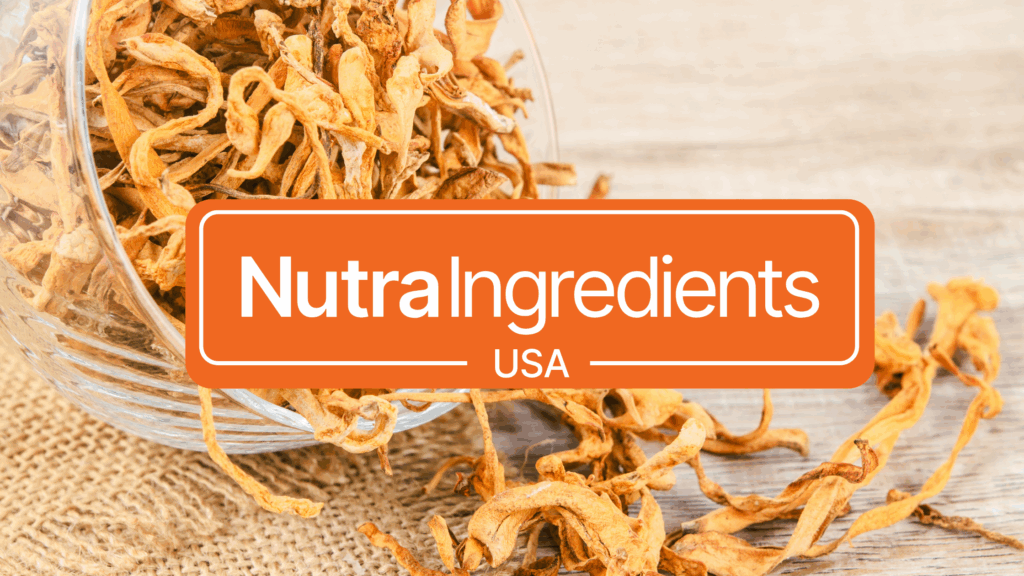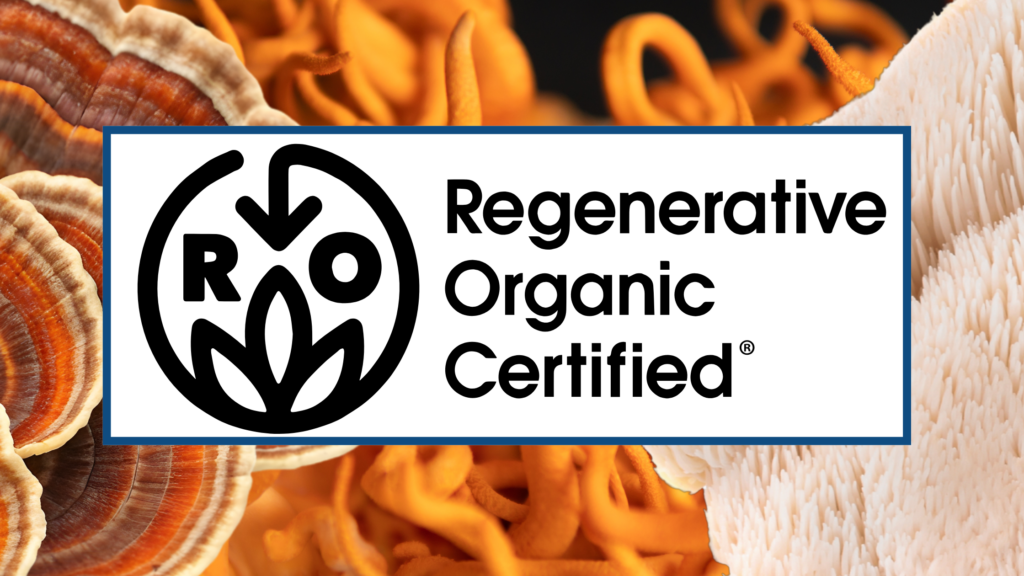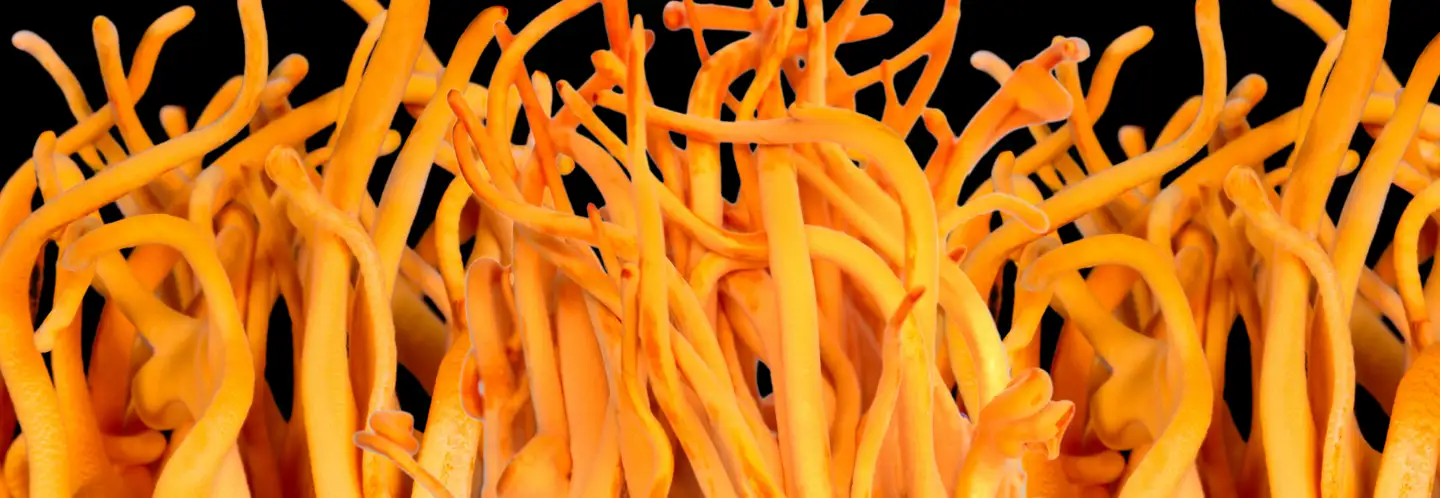Mushrooms are remarkable organisms, playing a crucial role in the ecosystem as decomposers. Their ability to break down organic matter is well-established, but they also possess a potent characteristic: they are bioaccumulators. This means they absorb and concentrate substances from their surrounding environment, including both beneficial and potentially harmful compounds. This natural process, while vital for their ecological function, raises crucial considerations for consumers of functional mushroom supplements.
The bioaccumulation capacity of mushrooms is significant. They can accumulate heavy metals (like mercury, cadmium, and lead), pesticides, and other environmental toxins from the soil, water, and air. This ability to concentrate substances is what makes them effective decomposers, but it also means that if those substances are harmful, the mushrooms will contain them. Various environmental factors can contribute to the presence of these contaminants in the substrates used for mushroom cultivation.
This is precisely why the origin and cultivation practices of your functional mushrooms are paramount. If mushrooms are grown in environments contaminated with pollutants, they will likely absorb and concentrate those contaminants. Consuming supplements derived from such mushrooms could inadvertently expose you to potentially harmful levels of these substances.
Choosing functional mushroom species (like Lion’s Mane, Cordyceps, Reishi, Turkey Tail) from trusted sources that prioritize clean and ethical cultivation practices offers several key advantages:
- Clean Air and Soil: Reputable US-based growers adhere to strict standards that limit or prohibit the use of synthetic pesticides, herbicides, and fertilizers. This minimizes the risk of contamination from these harmful substances, ensuring the mushrooms are grown in a cleaner environment. Furthermore, responsible practices often prioritize soil health, further reducing the likelihood of heavy metal uptake.
- Traceability and Quality Control: Responsible growers employ rigorous inspections and documentation, ensuring traceability throughout the supply chain. This allows consumers to know where their mushrooms are coming from and how they were grown. This level of transparency and quality control is crucial for ensuring the safety and efficacy of functional mushroom supplements.
- Supporting Sustainable Practices: Sustainable farming practices promote biodiversity, soil health, and water conservation. By choosing products from environmentally conscious sources, you are supporting responsible agriculture and contributing to a more sustainable future. This is particularly important when considering the long-term health of our planet.
- Prioritizing Your Health: Ultimately, choosing functional mushroom supplements from trusted sources that prioritize clean and ethical cultivation practices is an investment in your health. By minimizing your exposure to potential contaminants, you can maximize the benefits of these powerful natural products.
M2 Ingredients: Setting a New Standard for Organic Mushroom Cultivation
At M2 Ingredients, we don’t just meet the standards for organic agriculture – we exceed them. We believe in the power of mushrooms to transform health and wellness, and that starts with a deep commitment to sustainable and organic practices. We’re so passionate about this, we’ve even worked directly with the USDA to help shape the future of organic mushroom regulations.
We’re thrilled to announce that our expertise has contributed to the creation of a new USDA mushroom growing standard, effective February 2025! This groundbreaking regulation finally defines and includes mycelium, recognizing the unique cultivation processes for various mushroom species, including those used in innovative mycelium-based meat alternatives. Previously, regulations mostly focused on practices associated with button mushroom cultivation, a mushroom with very different growing practices than the functional mushrooms we work with.
One of the biggest challenges in organic mushroom cultivation is sourcing organic substrate. Since trees and wood aren’t typically grown organically, it’s incredibly difficult to find truly organic options. The new standard acknowledges this, allowing for the use of non-organic substrate sourced locally. However, at M2 Ingredients, we go above and beyond. We are committed to using only certified organic substrate, even though it’s a more challenging and costly endeavor. We believe this unwavering dedication to organic practices allows us to deliver the highest quality mushroom products.
This commitment to organic integrity is at the heart of everything we do at M2 Ingredients. We’re not just growing mushrooms; we’re cultivating a healthier future.
The growing popularity of functional mushrooms for their potential health benefits makes it even more important to be a discerning consumer. Don’t just focus on the purported benefits; also scrutinize the source. Look for certifications like USDA organic, Regenerative Certification, along with transparency, and a commitment to sustainable practices. Your health, and the health of the planet, depend on it.
By understanding the bioaccumulation potential of mushrooms and the importance of clean cultivation practices, consumers can make informed choices that prioritize both their health and the environment.





